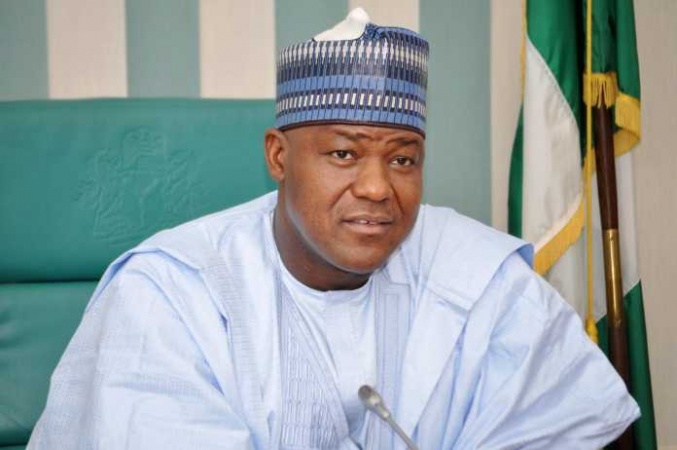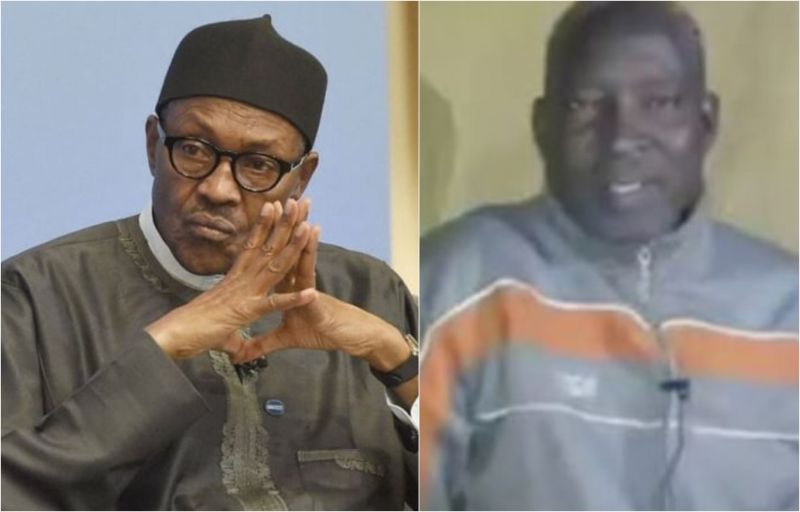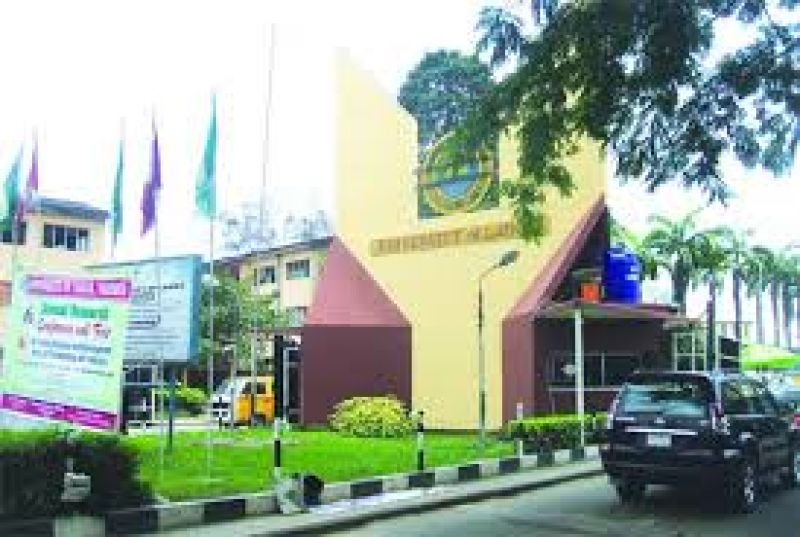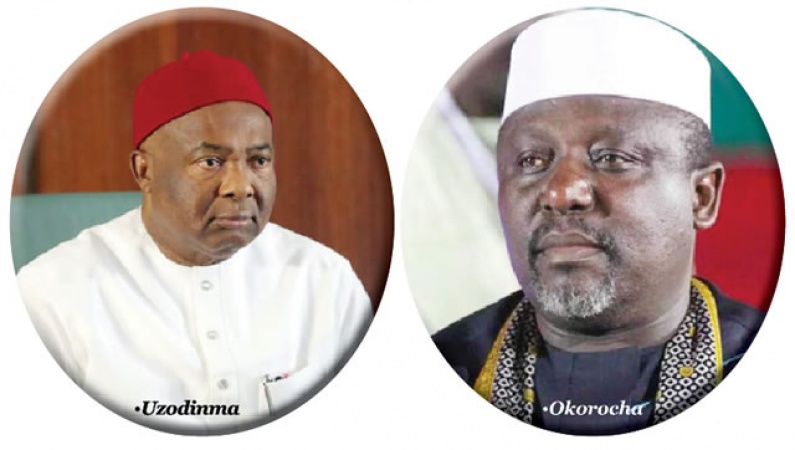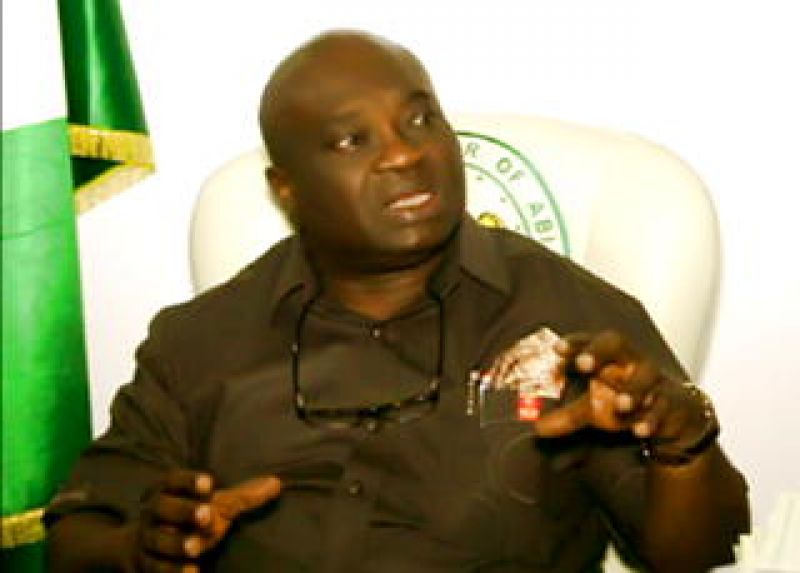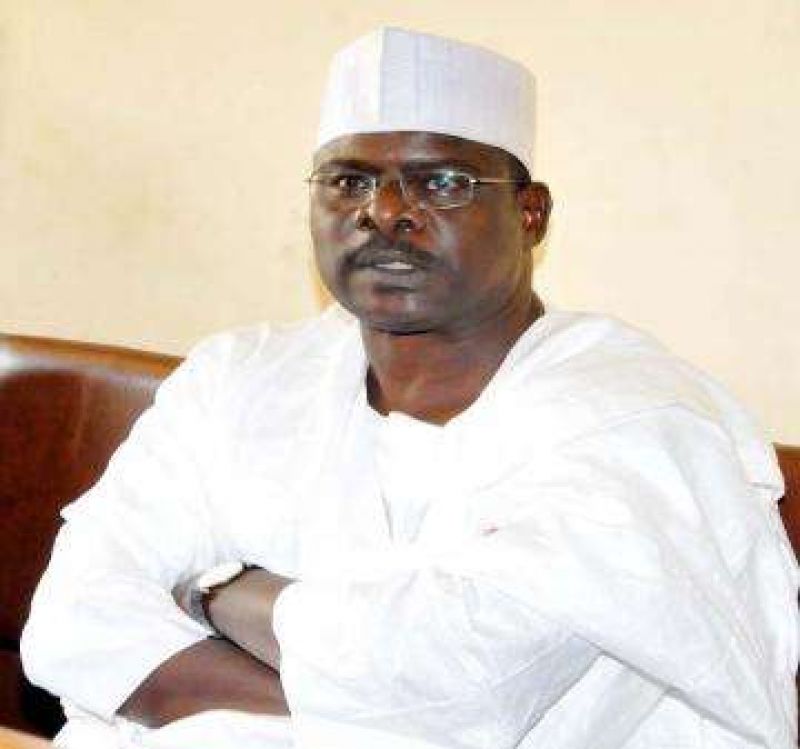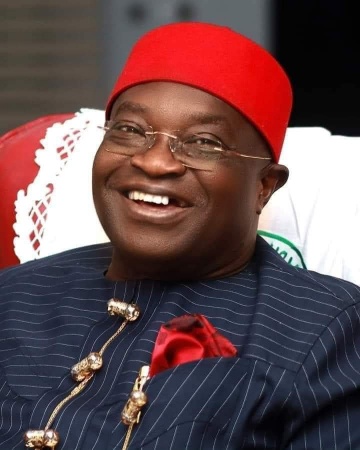Domestic violence is serious matter - Tejuoso
Posted by admin | 10 years ago | 3,120 times
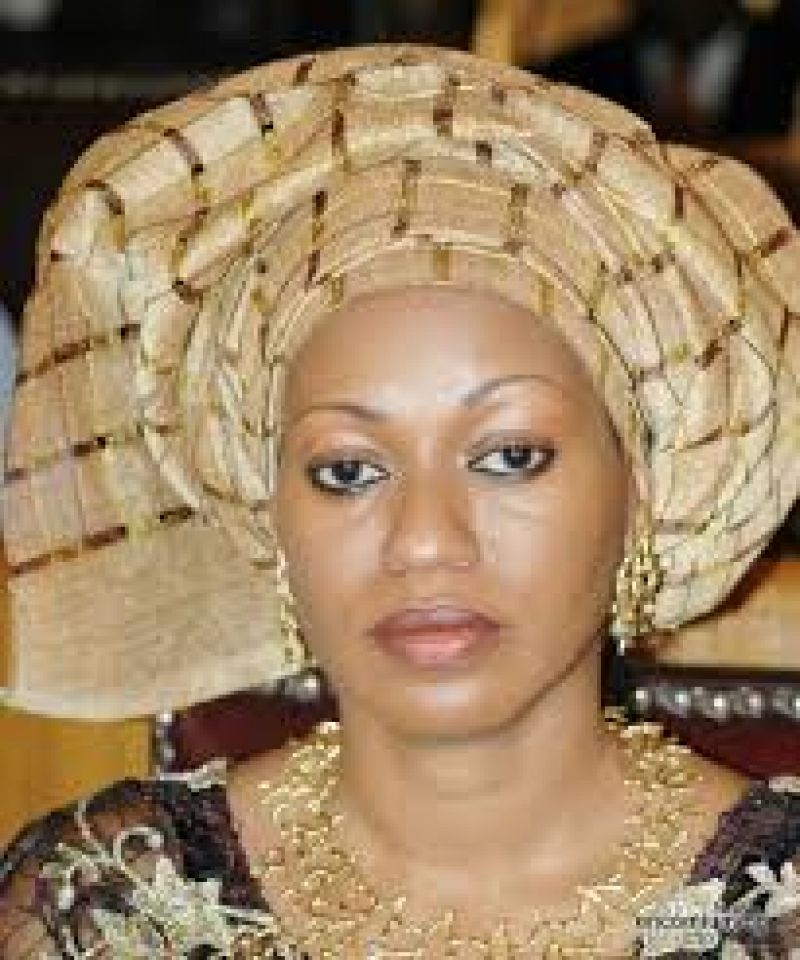
Funmi Tejuoso is a member of Lagos State House of Assembly who has always expressed her undying passion for women and children. In this interview, she explained reservations with the amount of funds being expended on security in the country, without much to show for it.
We understand you have a passion for women and children?
Yes.
How far have you gone in translating that passion into practicalities as a legislator?
Well, we can never do enough. We can only continue to do our best. I have worked at introducing some bills to help children, women, and generally the family.
You see when you talk about gender issues – women; and when you also talk about children, sometimes it is difficult to convince men that if it does not concern them that it is not a big deal. We have to convince them that whether or not it concerns them that it concerns their mothers; it concerns their wives; it concerns their female children; and therefore it concerns them.
During my first tenure in 2003, I actually brought a private member’s bill; it was a bill on domestic violence. I sponsored it and it was passed into law in 2007.
What is the difference with other types of bills?
When you talk about laws, we have executive laws that come from the executive, and then you have laws may be from NGOs (None Governmental Organisations). It is usually not easy to have a member of the legislature make a law – draft it and then bring it to the House. When you do that, they wonder where you are coming from; they wonder what statistics you have; they wonder what investigations you have done. So, you ought to prove to them that there is a great need for that. And you also have to prove to them that you are at home with the subject.
That I did with the domestic violence law. I was able to convince my colleagues, the 40 of us, that domestic violence was a very serious matter; and that violence is violence whether it is within the confines of your home or it is outside. We also realised with that law that a lot of women do not want to exit the relationship. They only want the violence to stop; they do not want to end the relationship.
So the law is peculiar in that it is a quasi criminal law, we don’t want to criminalise it too much – meaning that we want the marriage to remain intact, but we want the violence to stop. What I mean is that you don’t have to go through divorce proceedings; stop the marriage in order to stop a spouse from perpetrating violence against you. And also the judge will hear the matter in private so that you do not say you have washed your dirty linens in public. So we tried hard to make it a private affair where the victim is allowed to bring maybe one or two people to comfort him or her, and the abuser can also bring a person.
But basically, we must appreciate that this domestic violence is not only against women, it affects also men. But when you hear domestic, most men say oh it is a woman thing. So we also realised that we must continue to educate and sensitise our men that when you talk about domestic violence, it can happen to men it can happen to women. That law is my law, I call it my baby, I sponsored the passage of it. And immediately it was passed into law I had to thank the Lagos State government and thank my colleagues for eventually buying into it. I also thanked the Lagos State Government, for immediately it was passed into law, they put up a structure, a shelter for victims of abused relationships.
However, a temporary shelter I will say because we don’t want the problem to be there forever, we want to fix the problem if it is fixable. But if it is not, we advise them on their right to going to court and getting redress. So far so good, the domestic violence law has come to stay. The courts also have their family courts where they handle domestic violence, they don’t want to make it just like a regular court, which has helped to make the law more successful.
We understand there was another law from you?
We have the Child Rights Law. At that time her Excellency, former first lady of the state and now Senator Oluremi Tinubu, actually came to us on her ideas on a child right. At that time I was also working on some issues on Child’s Right, but some of the executives now decided to have an all in one harmonised, amendment on old laws and new laws of the Child’s rights because they were scattered all over the place, and to put them under one law – the Child’s Right Law. In it all the whole issues – education, shelter, free from abuse, we don’t want them hawking or labour and all those things that are exploitative to children. They all came under the Child’s Right Law of 2007. It came about the same time with the Domestic Violence Law. It is a good thing as we talked about the child and we talked about marriage.
It showed that as Lagos State Government, we are concerned about the homes; we are concerned about the society, the environment and Lagos State as a whole. We are doing everything for the better of all – we are going from the home outward; we are going from outward to inward. That has made Lagos State far successful.
It would appear you have run you course in the Lagos State legislature?
We thank God for everything
So where do we go from here?
I like to leave things to God to decide. I see myself not as a professional politician, I see myself as a professional in politics. I am passionate about what I do; about serving the people of Mushin constituency for one; I am passionate about serving the people of Lagos State; and I am passionate about service the people of Nigeria. Hence, wherever I go, I think it will not bother me. If I have to come back to the House of Assembly, it will not bother me. I am not that ambitious to say I must do this or that – it is not a do or die thing for me. If I have to go to the House of Representatives, then I will.
That is the thinking of your constituency
My constituents normally encourage me. We will weigh all they are urging us to do, it is democracy. I believe that first the will of God be done. They say the voice of the people is definitely the voice of God. One thing I know is that to the best of my ability, I have served the people of my constituency. I have put on my own quota as best as I can.
With the way things are turning out around the country, security-wise, what is your thinking?
Obviously things are not getting better. If we are having issues of insecurity so much that a state of emergency is declared in those states, then that is a major problems. But apart from that, also have to appreciate the fact that a lot need to be done. The government needs to be accountable to the people, and you have to be transparent for us to know what you are doing with the money. You have to be able to break down these sums of money for us to understand where they are going.
There are agencies to which you can break them down without having to publish them. To me I believe with the freedom of information on ground, you should be able to disclose these things through the freedom of information – that this is how much we are spending on uniform, this is how much we are spending on boots – for the police and the armed forces. But why we are talking about the Police is because that is the ones we see all the time.
The Police are the ones that have that primary duty of protecting the society and the populace, the military are the ones that are necessary in times of war or in times of major emergencies. But the Police are the ones that are there on a daily basis in the society, mixes with the people to see how things are going. That is how you can know who is a criminal and who is not a criminal.
But I worry that with all the amount of money coming to the security agencies, we still do not feel safe. Everybody has his/her house like prison walls. Some people have electrified their fences with electrified wires. Everybody has steel reinforced gates; everybody has bullet-proof doors in Nigeria to keep safe because we no longer trust in the security. One other thing we fail to appreciate is that if there is a problem with security, nobody is going to invest in the country. And that is why the federal government should monitor these things and get value for money.
We are talking about public procurement for example. In public procurement we ought to make sure that we get value for money. All over Nigeria now, the states have agencies that do procurement; and when you are talking about public procurement, even the military we are talking about should come under public procurement. We cannot continue to talk about accountability and not go through the proper channels. The World Bank encourages us to have this procurement agency; the World Bank encourages us to do things right so that they can continue to give money to Nigeria as a whole. But if we fail in our duties to put these things in the right order, then we won’t feel safe.
You don’t seem particularly thrilled with the way security is going in the country at the moment?
You see things continue to worsen on a daily basis, people are being kidnapped and people are being raped. You know that rape cases in Nigeria have surged so high that it is worrisome. Where is all the money being invested in security going to? Where is the money for security going to?
Source: Emma Agbai
Readers Comments
comment(s)
No comments yet. Be the first to post comment.
